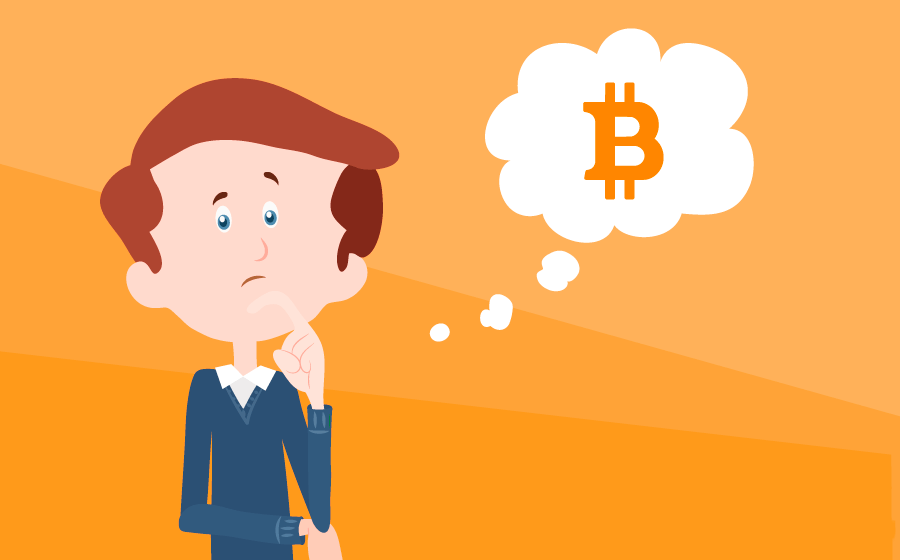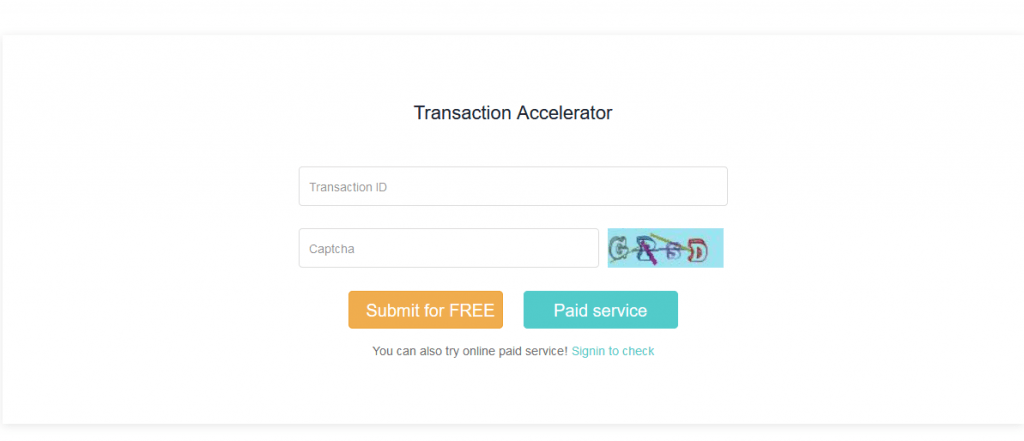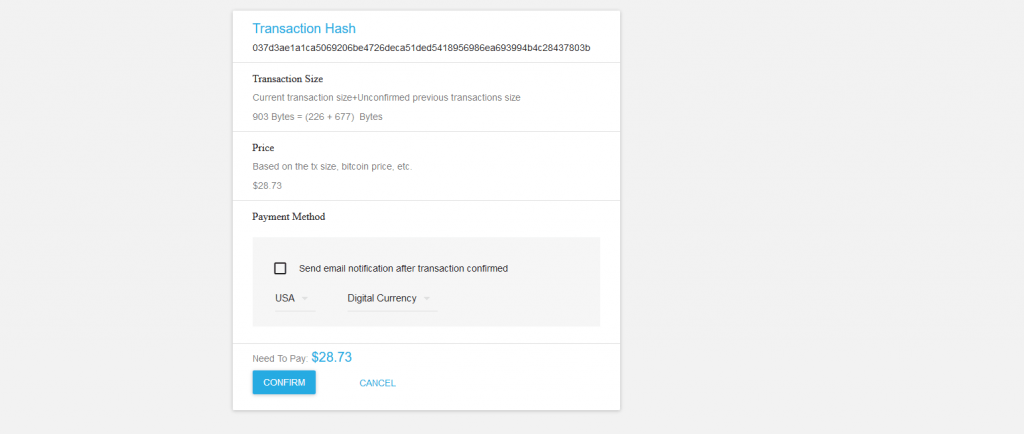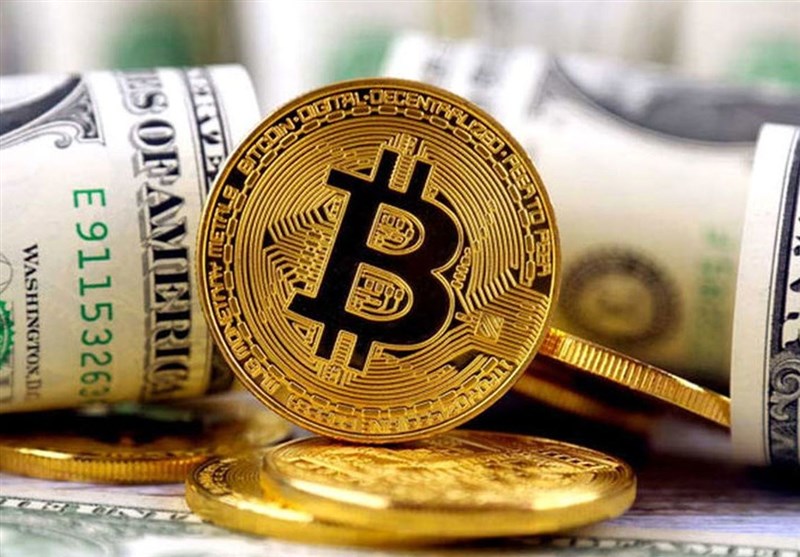What are Unconfirmed Transactions?
First, let’s look at how to make transactions in a blockchain (for example, a bitcoin blockchain).
In the first step, for example, you want to send a portion of your bitcoins from your wallet to your friend’s wallet, so you apply for a transaction and set a specific fee for it.
In the second stage, your transaction will be sent to all parties in the network (nodes), but note that this transaction is not yet in a detailed block.
third step, the nodes evaluate and validate the transactions established on the network protocols determined by the network constructor. For example, one of these approvals is done to prevent you from spending twice.
The fourth step, the approved and rejected transactions of the protocol filters, according to their size. They are placed inside the block that is being created by the miners and are locked by a hash.
the fifth step, when the block is solved by the miners and its hash is found, the block is published in the network by the miner who solved it.
the sixth step after the release of the block, the nodes or network participants register and confirm this new block, the first validation for the transaction.

However, why are some transactions not approved?
In the second stage, when your transaction is sent along with other people’s transaction requests. A selection is made from among these transactions. To make this easier to understand, imagine an instrument factory where the quality of each product is different. During the production of all the dolls are collected in one hall and some are responsible for product evaluation (Validator). These people first select the dolls that look better and look better than the others and examine them. After selecting these dolls, they put them in a box and pack them and send them ready. Unapproved transactions are like puppets waiting in the hall for someone to pick them up and check them out.
You may have noticed by now. In the second stage, when your transaction and that of many other people on the network are sent. The miners select the transactions with higher fees and place them in the blocks. This means that by appointing higher fees to transactions, you have a higher chance of being selected in the next block. And if your transaction fee is too low, it may take days for miners to place your transaction in a specific block.

If you mistakenly assign a low or zero fee transaction, your transaction will take weeks and you can only cancel the transaction and return the amount to the account using a variety of techniques; But this is only possible if your transaction has not acquired any confirmation.
There is another possibility. The bitcoin network may be crowded and miners will only approve transactions with higher fees. This happened in December 2017 and the network fee went up to $ 30; Something that did not make sense at all for small transactions.
Bitcoin Blockchain time limit has been established for each block so that every day can be created only 144 blocks. Now if the transactions in the network are very large and given that each block has a certain size (1 MB), the transactions must stand in a long queue until it is their turn to enter the new blocks.
What to do with unapproved transactions?
1- Accelerating transactions
By using some software or online services, you can speed up transactions that have not been approved for a long time, and by expanding their fees, you can attract the opinion of miners to get approval faster.
One of these services is the ViaBTC site, which has both free and paid services. You can use this service by entering the transaction address. Of course, note that to use this service, you must allocate 10,000 Satoshi per kilobyte as a minimum fee.

Another service that charges you for a quick transaction, the size of the transaction. And the price of Bitcoin, depending on the BTC.com is. This service increases the probability of completing a transaction in one hour by 75% and in 4 hours by 98%. And if the transaction is not confirmed within 12 hours, the entire payment amount will be returned to the payer’s account.

2- Releasing them
You can do nothing special and wait. If 2 to 3 weeks have passed since the transaction was not approved, your transaction will expire or be forgotten and your bitcoins will be returned to the source wallet.
3- Using RBF capability
You must first make sure that your transaction has not yet received confirmation. For this, you should use a wallet that supports RBF or replace-by-fee capability. In this case, you can send a new transaction to the network with a higher fee.











